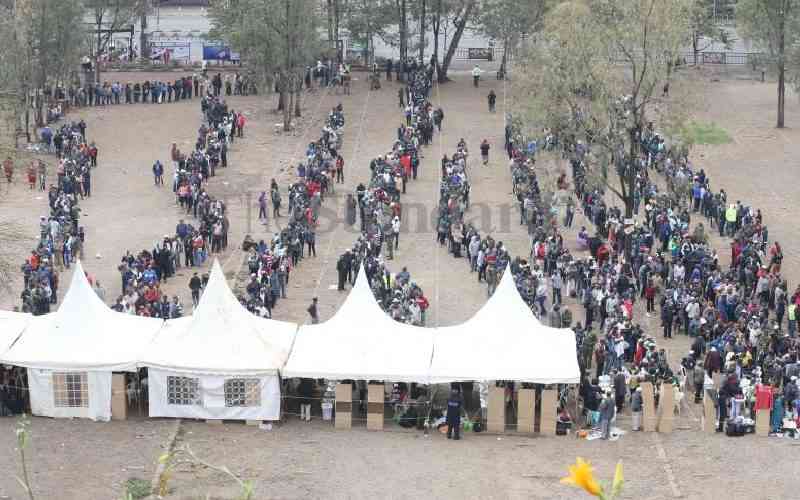
By all accounts, the forthcoming presidential election is going to be a very close contest.
Two factors underlie this assessment: first, that the margin between William Ruto and Raila Odinga is so close (only about two per cent in TIFA's most recent poll - within its margin-of-error of +/- 2.1 per cent, and second, that those respondents declining to identify their voting intentions (either because they declared they were 'undecided' or who chose to remain silent altogether about this) amount to a significant proportion of potential voters: 7 per cent.